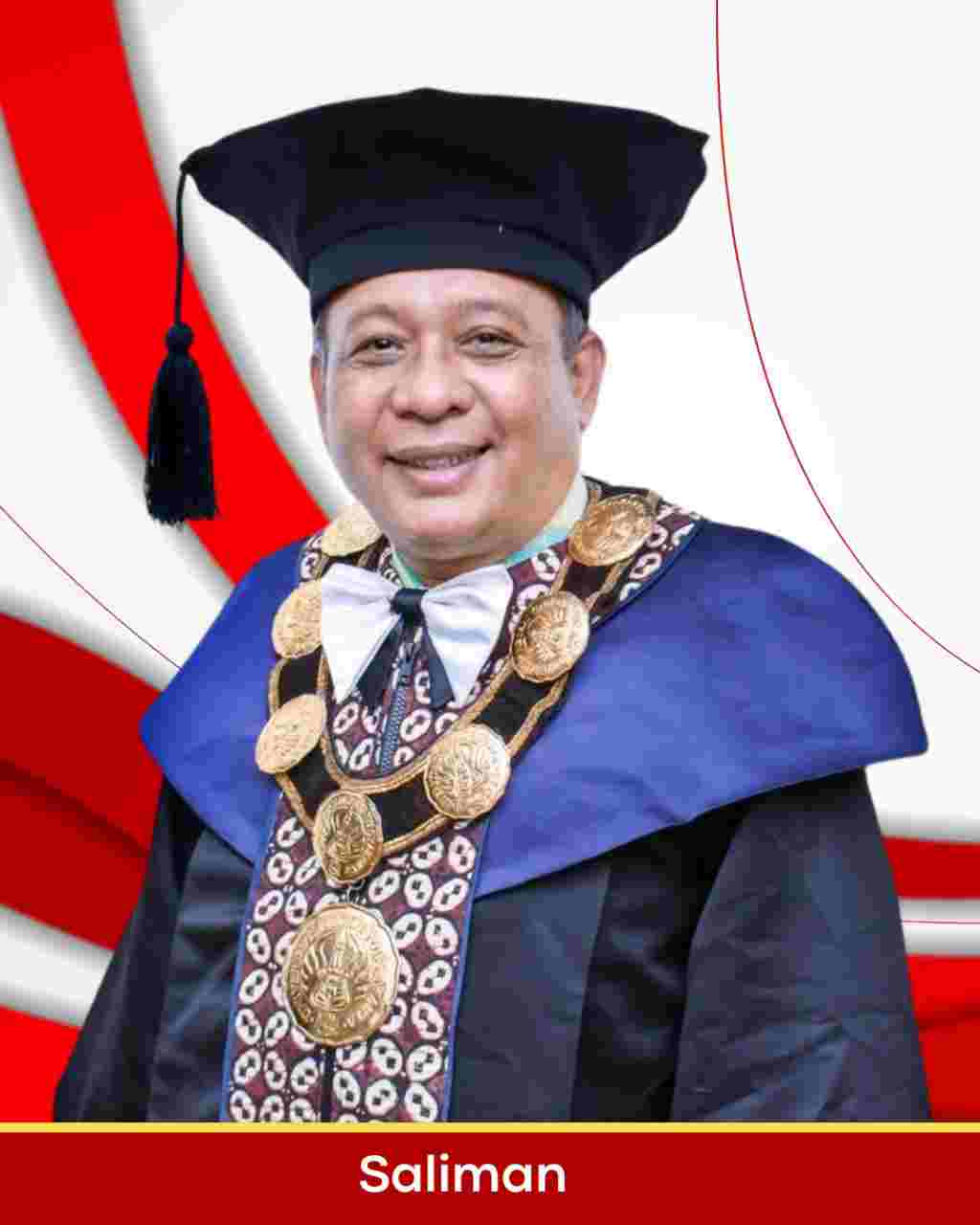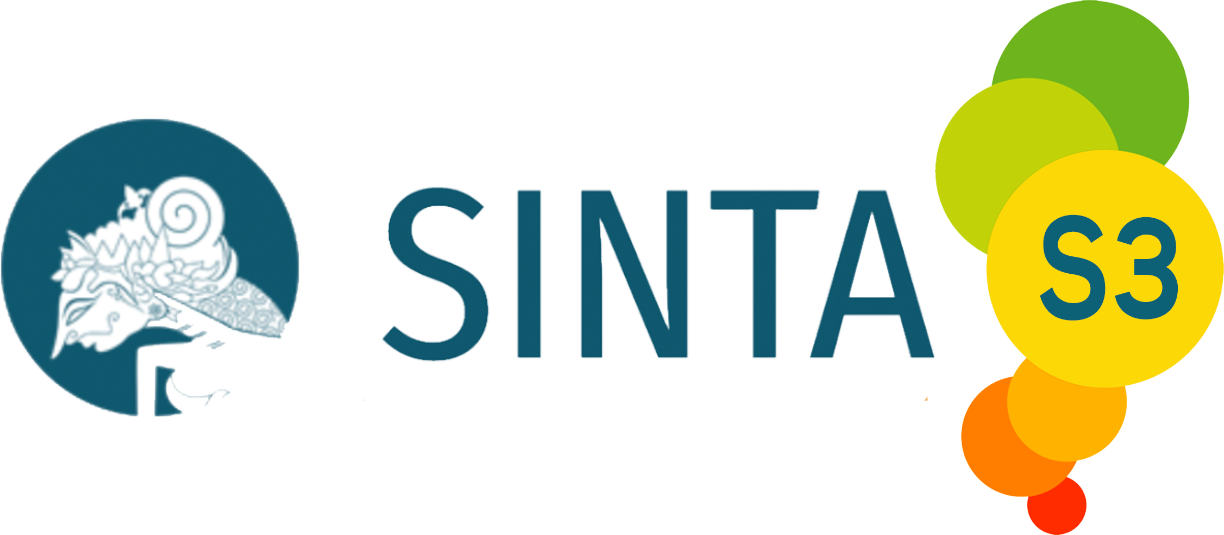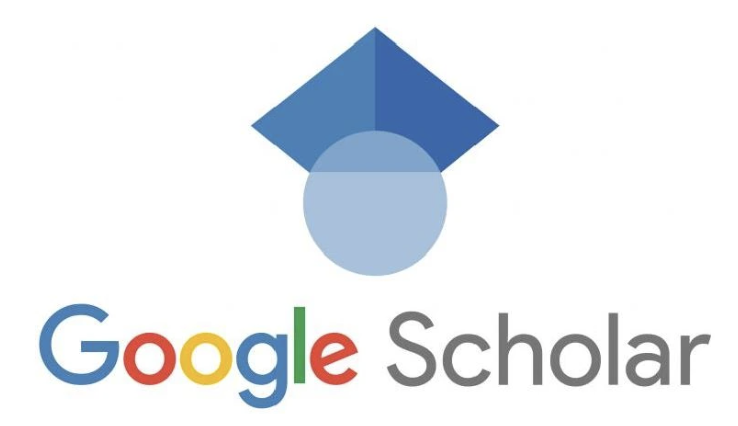Implementing the Quantum Teaching to improve Social Studies learning outcomes at Junior High School
DOI:
https://doi.org/10.21831/jipsindo.v12i2.89904Keywords:
social studies quantum learningAbstract
This research aims to investigate the improvement of learning outcomes of Social Studies in class VIII-D of SMP Negeri 1 Dusun Selatan by the method Quantum Learning. Pre-cycle data shows that the majority of students (61%) are below the Minimum Completion Criteria (KKM) due to passive and unmotivated learning processes. The research uses the Classroom Action Research (CAR) method, which is implemented in two cycles with 31 students. The research stages include gradual interventions, where Cycle I showed initial but not optimal improvements. Based on reflection, corrective actions in Cycle II were refined by optimizing the learning environment through spatial arrangement and music, and strengthening individual accountability through independent worksheets (LKPD) before group discussions. The main findings show a very significant increase in learning outcomes: the number of students in the "High" and "Very High" categories jumped drastically from only 22.5% in the pre-cycle to 84% at the end of Cycle II. It was concluded that the implementation of the adaptive and holistic Quantum Teaching model has proven to be very effective in transforming the learning process and fundamentally improving student learning outcomes.
References
Afiyah, A. N., & Zulkarnaen, Z. (2025). Penerapan inkuiri terbimbing untuk meningkatkan keterampilan berpikir kritis dan kolaborasi siswa pada pembelajaran ipas sd. SOCIAL Jurnal Inovasi Pendidikan IPS, 5(2), 306. https://doi.org/10.51878/social.v5i2.5033
Annisha, D. (2024). Integrasi penggunaan kearifan lokal (local wisdom) dalam proses pembelajaran pada konsep kurikulum merdeka belajar. Jurnal Basicedu, 8(3), 2108. https://doi.org/10.31004/basicedu.v8i3.7706
Emor, A. C. J., et al. (2019). Pengaruh tingkat pendidikan orang tua terhadap pendidikan anak di kelurahan pinasungkulan kecamatan ranowulu kota bitung. Jurnal Civic Education Media Kajian Pancasila Dan Kewarganegaraan, 3(1), 45. https://doi.org/10.36412/ce.v3i1.907
Han, M., et al. (2020). Analysis of extension strategies for improving adaptive teaching ability of college teachers. International Journal of Emerging Technologies in Learning (iJET), 15(15), 147. https://doi.org/10.3991/ijet.v15i15.15927
Hanida, R. S., et al. (2022). The effectiveness of using audio-visual media in the learning process of islamic culture history (ski) subject at man 1 mandailing natal. Islamic Education, 2(2), 20. https://doi.org/10.57251/ie.v2i2.678
Harnoto, B. T., et al. (2021). The implementation of the quantum teaching strategy with multiple intelligence approach at state senior high school. IJORER International Journal of Recent Educational Research, 2(1), 73. https://doi.org/10.46245/ijorer.v2i1.78
Hsbollah, H. M., & Hassan, H. (2022). Creating meaningful learning experiences with active, fun, and technology elements in the problem-based learning approach and its implications. Malaysian Journal of Learning and Instruction, 19. https://doi.org/10.32890/mjli2022.19.1.6
Katz, S. (2015). Enhancing self-efficacy of elementary school students to learn mathematics. Journal of Curriculum and Teaching, 4(1). https://doi.org/10.5430/jct.v4n1p42
Kekare, S. H. (2015). Classroom physical environment and academic achievement of students. International Journal of Indian Psychology, 2(3). https://doi.org/10.25215/0203.055
Khatimah, H. (2021). Major impact of classroom environment in students’ learning. Journal of Education Review Provision, 1(1), 12. https://doi.org/10.55885/jerp.v1i1.42
Khoiroh, M., et al. (2025). Upaya peningkatan konsep diri melalui layanan bimbingan kelompok dengan teknik diskusi kelompok peserta didik. MANAJERIAL Jurnal Inovasi Manajemen Dan Supervisi Pendidikan, 5(1), 90. https://doi.org/10.51878/manajerial.v5i1.4916
Koponen, T., et al. (2021). Benefits of integrating an explicit self-efficacy intervention with calculation strategy training for low-performing elementary students. Frontiers in Psychology, 12. https://doi.org/10.3389/fpsyg.2021.714379
Kusumawati, A. R., et al. (2022). The effectiveness of group counseling in overcoming students self-confidence problems. Social Humanities and Educational Studies (SHEs) Conference Series, 5(2), 398. https://doi.org/10.20961/shes.v5i2.59369
Li, J., et al. (2023). Investigating latent interactions between students’ affective cognition and learning performance: Meta-analysis of affective and cognitive factors. Behavioral Sciences, 13(7), 555. https://doi.org/10.3390/bs13070555
Liza, L. O., & Zudeta, E. (2023). Scientific writing training to advance teacher professionalism competence. Journal of Community Engagement Research for Sustainability, 3(2), 108. https://doi.org/10.31258/cers.3.2.108-114
Mangge, M. R. I. (2025). Meningkatkan hasil belajar siswa melalui model pembelajaran problem based learning berbantuan media kincir air pada materi perubahan bentuk energi kelas iv di sd. SCIENCE Jurnal Inovasi Pendidikan Matematika Dan IPA, 5(2), 909. https://doi.org/10.51878/science.v5i2.5719
Masruroh, C., et al. (2025). Peran guru dalam mengembangkan kurikulum merdeka di smp it al-ittihad salaman. LEARNING Jurnal Inovasi Penelitian Pendidikan Dan Pembelajaran, 5(1), 322. https://doi.org/10.51878/learning.v5i1.4148
Muchsinan, K., et al. (2024). Pengaruh project based learning dan gaya belajar terhadap kemampuan berpikir kritis dan hasil belajar matematika. LEARNING Jurnal Inovasi Penelitian Pendidikan Dan Pembelajaran, 4(1), 9. https://doi.org/10.51878/learning.v4i1.2717
Nurgiansah, T. H., et al. (2021). Penelitian tindakan kelas dalam pendidikan kewarganegaraan. Jurnal Pendidikan PKN (Pancasila Dan Kewarganegaraan), 2(1), 10. https://doi.org/10.26418/jppkn.v2i1.41752
Purwanti, S., et al. (2025). Peran manajerial kepala sekolah dalam mutu pembelajaran di sd negeri tonjong 01 kecamatan tonjong kabupaten brees. LEARNING Jurnal Inovasi Penelitian Pendidikan Dan Pembelajaran, 5(1), 266. https://doi.org/10.51878/learning.v5i1.4335
Salsabila, A., et al. (2025). Berpikir induktif sebagai dasar kompetensi sikap kritis bagi peserta didik generasi millenial abad 21. CENDEKIA Jurnal Ilmu Pengetahuan, 5(1), 264. https://doi.org/10.51878/cendekia.v5i1.4465
Sani, A. W., et al. (2020, January 1). Learning model in elementary school saren 1 elementary school, kalijambe subdistrict, sragen regency. Proceedings of the 3rd International Conference on Learning Innovation and Quality Education (ICLIQE 2019). https://doi.org/10.2991/assehr.k.200129.075
Sibarani, B. E. (2021). Analysis of the effect of the implementation of the quantum teaching method on accounting learning in class xi ips sma n 1 laguboti. Aptisi Transactions On Technopreneurship (ATT), 3(1), 1. https://doi.org/10.34306/att.v3i1.129
Side, S., & Munawwarah, M. (2025). Pembelajaran berbasis studi kasus dalam pendidikan kimia: Pemahaman dan analisis, evaluasi motivasi, keterlibatan mahasiswa. SCIENCE Jurnal Inovasi Pendidikan Matematika Dan IPA, 5(1), 321. https://doi.org/10.51878/science.v5i1.4616
Siregar, A. (2020). Application of quantum teaching learning model as an effort to improve student learning outcomes. JURNAL PAJAR (Pendidikan Dan Pengajaran), 4(5), 994. https://doi.org/10.33578/pjr.v4i5.8134
Suhandri, et al. (2019). Effectiveness of the application of learning models collaborative problem solving against the ability to solve mathematical problems in middle school students. Journal of Physics Conference Series, 1315(1), 12067. https://doi.org/10.1088/1742-6596/1315/1/012067
Tanjung, Y., et al. (2019). Influence of group guidance with discussion techniques on local learning interest. KnE Social Sciences. https://doi.org/10.18502/kss.v3i17.4662
Tilke, A. (2019, October 8). School library concepts developed by an inquiry-approach curriculum organization. IASL Annual Conference Proceedings. https://doi.org/10.29173/iasl7398
Ulfa, R., et al. (2021). Interactive instructional: Theoretical perspective and its potential support in stimulating students’ higher order thinking skills (hots). J-PEK (Jurnal Pembelajaran Kimia), 6(1), 1. https://doi.org/10.17977/um026v6i12021p001
Waterworth, P. (2020). Creating joyful learning within a democratic classroom. Journal Of Teaching And Learning In Elementary Education, 3(2), 109. https://doi.org/10.33578/jtlee.v3i2.7841
Downloads
Published
How to Cite
Issue
Section
Citation Check
License
Copyright (c) 2025 Rusabeata; Saliman Saliman; Rusyda Nasyita Rahman

This work is licensed under a Creative Commons Attribution-ShareAlike 4.0 International License.
Authors who publish with this journal agree to the following terms:
- Authors retain copyright and grant the journal right of first publication with the work simultaneously licensed under a Creative Commons Attribution License that allows others to share the work with an acknowledgement of the work's authorship and initial publication in this journal.
- Authors are able to enter into separate, additional contractual arrangements for the non-exclusive distribution of the journal's published version of the work (e.g., post it to an institutional repository or publish it in a book), with an acknowledgement of its initial publication in this journal.
- Authors are permitted and encouraged to post their work online (e.g., in institutional repositories or on their website) prior to and during the submission process, as it can lead to productive exchanges, as well as earlier and greater citation of published work (See The Effect of Open Access).

JIPSINDO (Jurnal Pendidikan Ilmu Pengetahuan Sosial Indonesia) is licensed under a Creative Commons Attribution-ShareAlike 4.0 International License.
Based on a work at https://journal.uny.ac.id/index.php/jipsindo.















